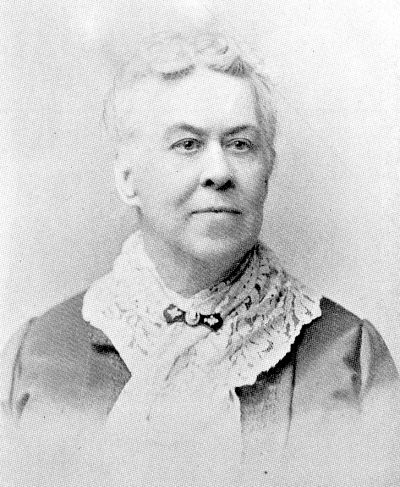This is a transcription of the Maria Louise Eastman biography from New Hampshire Women: A Collection of Portraits and Biographical Sketches of Daughters and Residents of the Granite State, Who are Worthy Representatives of their Sex in the Various Walks and Conditions of Life, The New Hampshire Publishing Co., Concord, NH, 1895, page 211.

Maria Louise Eastman
A RARE combination of tact and ability, in Maria Louise Eastman, made her one of the most successful teachers in the country. Although not a native of the Granite State, she was essentially a New Hampshire woman, her father, Robert Eastman, being a native of Concord, and the great-grandson of Ebenezer Eastman, one of the first settlers of the town, and an officer of the colonial forces at the siege of Louisburg, while her mother, Sarah Elizabeth Lee, was of the best Southern blood, and a kinswoman of the Virginia Lees. Miss Eastman was born in Brunswick, Me., and enjoyed superior educational advantages, attending the excellent young ladies’ school there, conducted by Miss Chapman, and being specially favored otherwise through her father’s connection with Bowdoin College. The family subsequently removed to the ancestral home in East Concord, and Miss Eastman engaged in teaching, first in the town of Newport, and later in Concord, where she conducted a private school several years, establishing an excellent reputation. Securing a fine position as teacher in a young ladies’ school near Media, in that state, she removed to Pennsylvania, and entered upon a career which proved remarkably successful. She was instrumental in the establishment, and was for a time associated in the management of the famous Brooke Hall school at Media, but subsequently became sole proprietor and principal of this institution, which, under her management, became one of the most noted young ladies’ schools in the country, and which she conducted until a few years before her death, February 17, 1895. An efficient teacher, Miss Eastman was also endowed with great business capacity. She made her school profitable, and acquired a large property; but her benevolent nature impelled her to contribute largely for the benefit of worthy causes, and her total benefactions are said to have exceeded $100,000. She was a devoted Episcopalian, and a zealous worker for the Union cause during the late war.
